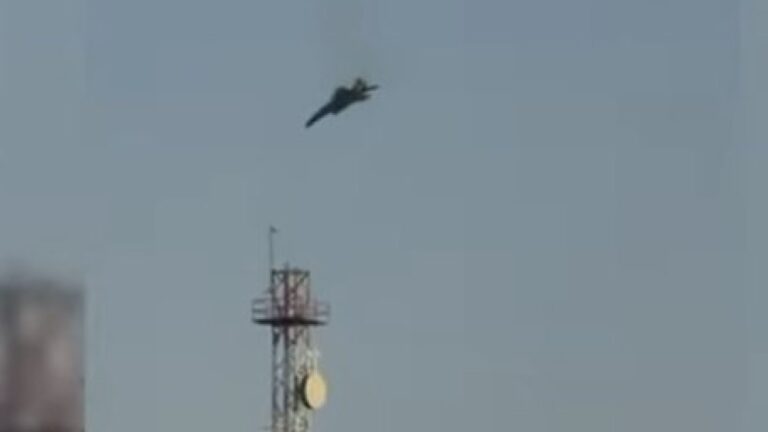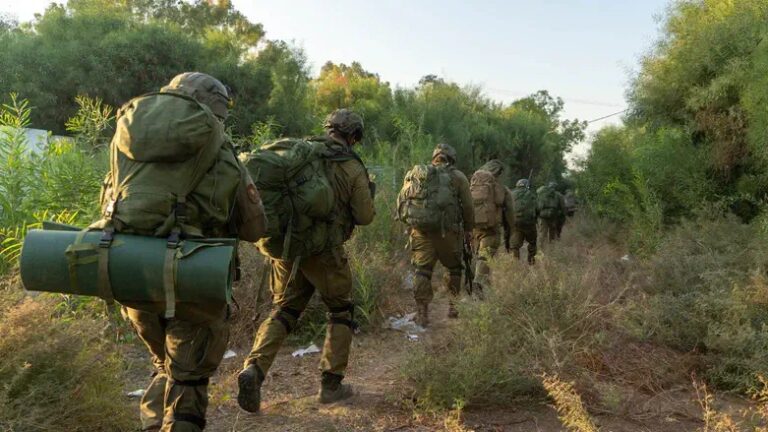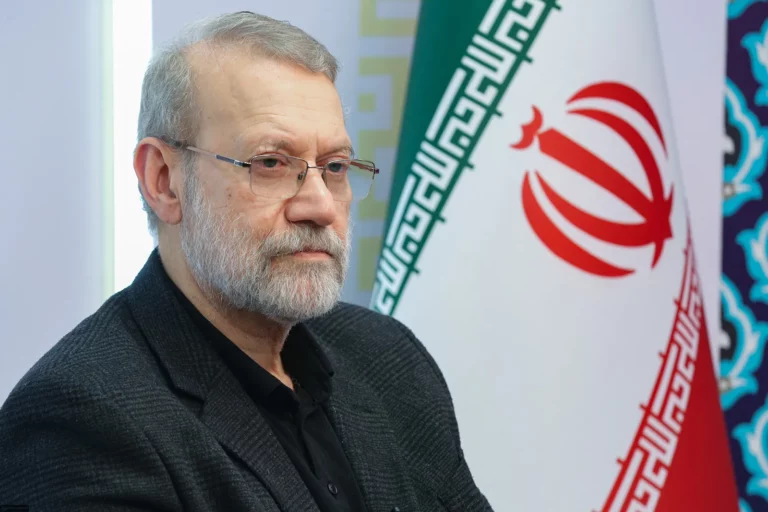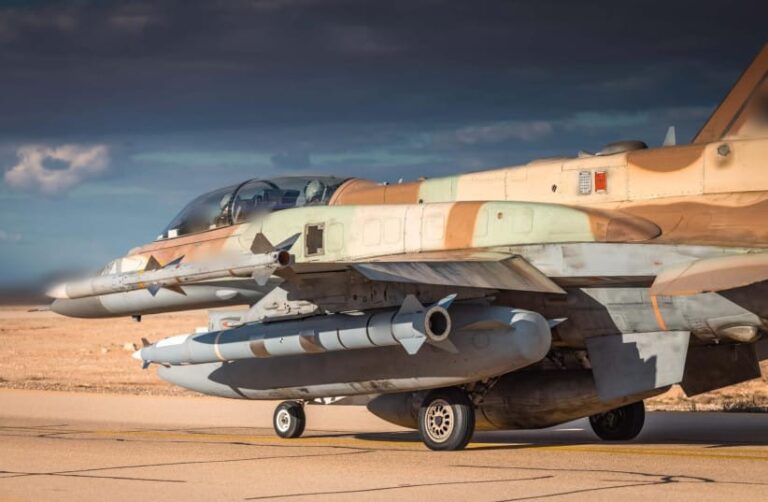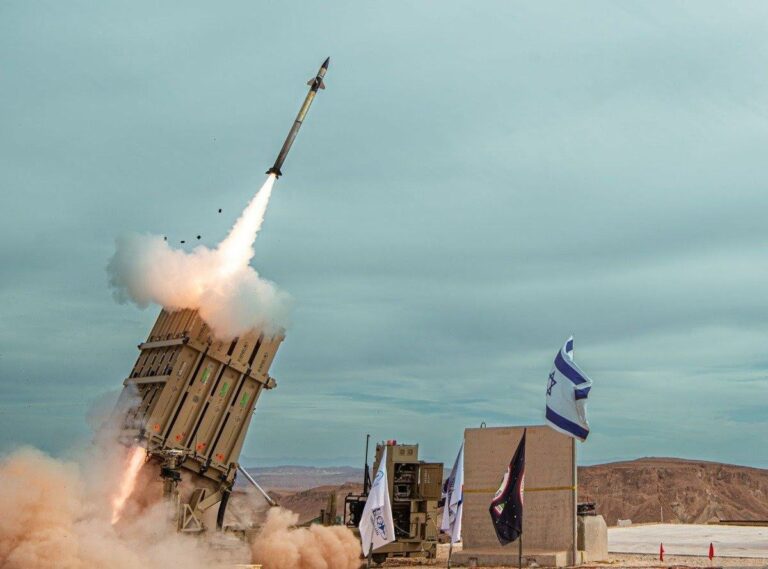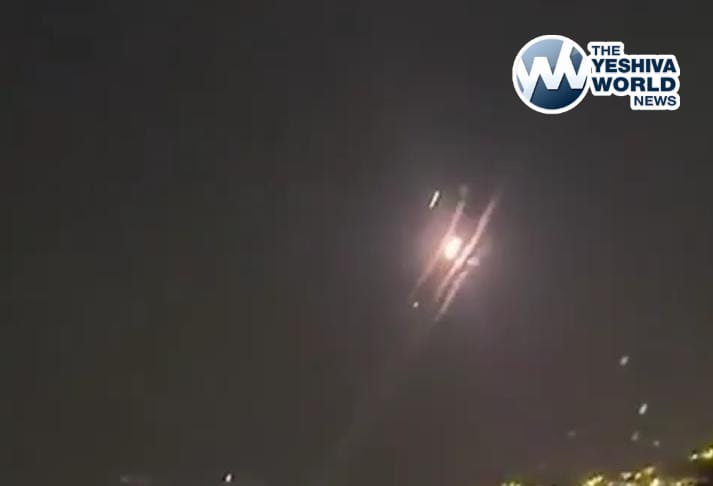Vayaratz ha’naar vayageid l’Moshe vayomer Eldad u’Meidad misnab’im ba’machaneh va’ya’an Yehoshua bin Nun meshareis Moshe mi’bechurav vayomer Adoni Moshe kela’eim (11:27-28)
During their travels in the wilderness, a group of complainers began to protest the Manna that they were forced to eat day after day. They wailed that they missed the succulent tastes of the meat, fish, and vegetables that they ate in Egypt, and now they had nothing to look forward to except Manna. When Moshe heard them weeping, he approached Hashem and expressed his concern about his inability to single-handedly obtain enough meat to sustain the nation. Hashem responded by commanding Moshe to gather seventy elders to the Mishkan, where Hashem would spread some of Moshe’s spirit onto the elders so that they could assist him by sharing in the burden of providing for the nation.
When Hashem transferred part of Moshe’s spirit to the elders, they were spiritually elevated and were temporarily able to prophesy. Two of the elders, Eldad and Meidad, remained behind in the Jewish camp, where they began to prophesy publicly. When Moshe’s trusted servant Yehoshua heard what was happening, he petitioned Moshe to incarcerate them. What where Eldad and Meidad doing that upset Yehoshua so greatly? The Gemora in Sanhedrin (17a), quoted by Rashi, explains that it was the content of their words that angered him, as Eldad and Meidad were prophesying that Moshe would die and Yehoshua would lead the nation into the land of Israel. As there is no explicit mention of this message, where did Chazal find an allusion indicating that this was the prophecy they were sharing?
The Chanukas HaTorah brilliantly answers by pointing out that the Torah records (Shemos 2:10) that Moshe’s name was given to him by Pharaoh’s daughter to connote the fact that min ha’mayim meshi’sihu – I drew him from the water. As the Torah always conveys information in the most concise manner possible, it would have seemingly been more succinct to say mi’mayim meshisihu instead of min ha’mayim, in which case the letters nun and hei are apparently superfluous. Why did the Torah utilize these additional letters to express the significance of Moshe’s name? The Chanukas HaTorah explains that Hashem intentionally avoided using the shorter alternative because the word mi’mayim can be read as an acronym for Moshe meis Yehoshua mach’nis – Moshe will die, and Yehoshua will bring the Jewish people into Eretz Yisroel. Because it would be inappropriate to allude to such a prophecy in conjunction with the giving of Moshe’s name, the additional letters nun and hei were inserted to interrupt and break up the acronym.
The Torah records that Eldad and Meidad were misnabi’im ba’machaneh – prophesying in the Jewish camp. The word ba’machaneh can be read as a combination of two words bamach-aneh, meaning that the content of their message was to eliminate (the letters îç form the root of the verb meaning “to erase”) the letters nun and hei that were added in Parshas Shemos to the reason for the selection of Moshe’s name, in which case the words of Pharaoh’s daughter would revert to mi’mayim, which hints to the fact that Moshe meis Yehoshua mach’nis, and it was this insolent implication that angered Yehoshua.
V’ruach nasa me’es Hashem vayagez slavim min hayam vayitosh al hamachane k’derech yom koh uk’derech yom koh sevivos hamachane uk’amasayim al p’nei ha’aretz (11:31)
During their 40-year sojourn in the wilderness, the Jewish people were sustained by Manna, which miraculously fell each day from Heaven. All they needed to do was go out each morning to collect it, allowing their physical needs to be met with a minimum of exertion. Moreover, our Sages teach that the Manna tasted like whatever the person eating it desired (Rashi 11:5).
Parshas Behaaloscha contains a tragic incident, in which a group of ungrateful complainers began to protest the Manna that they were forced to eat day after day. They wailed that they missed the succulent meat that they ate in Egypt, and now they had nothing to look forward to except Manna. Hashem responded to their lack of appreciation by giving them an abundance of meat.
Although this entire episode is difficult to comprehend, one detail in particular stands out as particularly curious. The Torah records that the meat was two cubits (3-4 feet) above the ground. Rashi explains that the animals floated in mid-air at this level so that the Jews who went to gather them wouldn’t have to exert themselves to bend over and pick them up from the ground.
However, we know that a mere two verses later, the Torah relates (11:33) that those who gluttonously consumed the meat died with the meat still between their teeth. If Hashem felt that their complaints and demands were inappropriate and planned to use the meat as an instrument of Divine punishment, why did He miraculously suspend the animals in mid-air to prevent unnecessary efforts on the part of such sinners?
The Darkei Mussar derives from here a beautiful lesson in how Hashem runs the world. Rashi is teaching us that Hashem’s system of reward and punishment is meted out very precisely. Even a person upon whom suffering is decreed will only experience the exact amount of pain which is coming to him and not the slightest bit more.
This concept is illustrated in the following story. A man once arrived at the airport and checked in for his flight. After he was already in his seat and waiting for takeoff, the flight attendant approached to explain that he hadn’t paid the balance of his ticket and must deplane. The man was livid, as he knew that he had paid and he needed to be on this flight. The flight crew was insistent that they wouldn’t take off with him on board, and they suggested that he quickly sort it out at the gate.
Highly perturbed but left with no choice, the passenger went to argue with the manager. Unfortunately, by the time the manager located the source of the error, the plane had departed. The man was beside himself with anger … until he heard on the news that the plane had crashed without any survivors. He was so overcome with emotion that it took him several minutes to realize that although his life was spared, his suitcase had been left on the plane and was destroyed. Still, any pain he felt over his lost personal items paled in comparison to his tremendous joy over his life being saved. Even though Hashem had decreed that he must lose his suitcase, He took it away in a calculated and precise manner which minimized the pain.
Although nobody enjoys suffering, the knowledge that it is precisely meted out by a loving and compassionate G-d Who won’t put him through the smallest amount of unnecessary pain can make it significantly more bearable.
Answers to the weekly Points to Ponder are now available!
To receive the full version with answers email the author at [email protected].
Parsha Points to Ponder (and sources which discuss them):
1) Rashi writes (8:2) that there was a step in front of the Menorah upon which the Kohen would stand when cleaning out and lighting it. As the Menorah was only 18 tefachim tall (approximately 5 feet), why was it necessary for the Kohen to stand on a step to light it? (Peninei Kedem)
2) Rashi writes (9:7) that the section discussing the laws of Pesach Sheini would have been taught by Moshe together with the rest of the Torah, but the impure men merited that the portion was introduced and written as a result of their actions. Rashi similarly writes (27:5) that the daughters of Tzelafchad merited bringing about the teaching of the laws of inheritance through their actions. Why aren’t the names of the impure men specified, as are the names of the daughters of Tzelafchad, in order to give them proper credit for introducing this section? (Darash Moshe)
3) The Torah testifies (12:3) that Moshe was more humble than any person on the face of the earth. Does this mean that it is physically impossible for another person to be more humble than Moshe, or is the Torah merely stating the facts and teaching that in reality nobody was ever more humble than Moshe, even though it is theoretically possible to do so? (Ayeles HaShachar)
4) The Mishnah in Avos (5:7) lists seven characteristics of a wise person, one of which is that he doesn’t interrupt another person who is still speaking. From where in Parshas Behaaloscha is this lesson derived? (Rav Ovadiah Bartenura Avos 5:7)
5) The Torah records (12:13) that Moshe prayed on behalf of his ill sister Miriam. Why do we pray for the healing of a sick person using his mother’s name? (Zohar HaKadosh Parshas Lech Lecha 81a, Maharshal Shabbos 66b, Chasam Sofer Parshas Bereishis, Ben Yehoyada Berachos 55b, Shu”t Torah Lishmah 399, Ma’adanei Asher 5768)
© 2013 by Oizer Alport.

